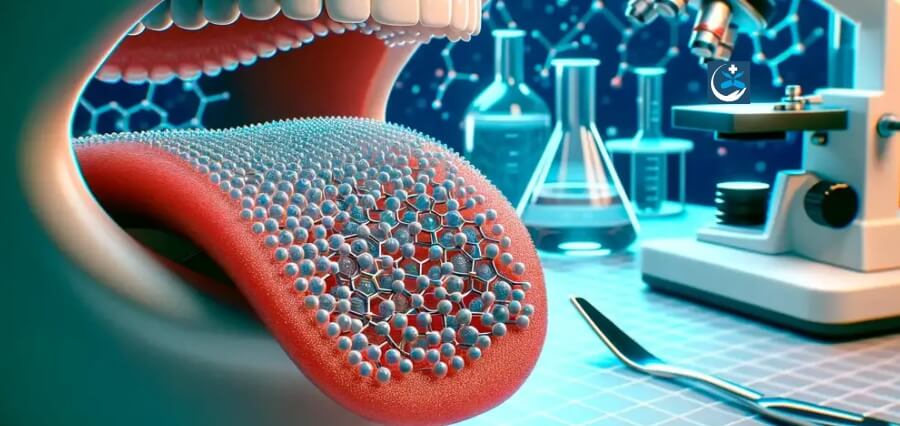A unique saliva substitute that is up to five times more effective than currently available items was created by the University of Leeds. With its use of hydrogel and microgel components, this novel technology provides better comfort and moisture retention for those who suffer from dry mouth, with potentially major health and quality of life benefits.
According to lab studies, a new aqueous lubricant technology intended to relieve dry mouth is four to five times more effective than currently available commercial treatments.
The saliva substitute, created by researchers at the University of Leeds, is said to function similarly to genuine saliva in that it lubricates the teeth and hydrates the mouth during food chewing.
The material, called a microgel, has molecules that, when viewed under a strong microscope, resemble a lattice-like network or sponge that adheres to the oral cavity’s surface. Water-trapping hydrogel based on polysaccharides envelops the microgel. This double purpose will prolong the sensation of moisture in the mouth.
The dark blue protein lactoferrin, which is present in milk, creates the mesh-like structure of the hydrated microgel. It is partially covered with a light blue hydrogel that is formed of the polysaccharide κ-carrageenan.
The saliva substitute’s chief developer, Professor Anwesha Sarkar, stated: “Our laboratory benchmarking reveals that this substance will have a longer-lasting effect.” Many of the currently available commercial products have the drawback of only working temporarily because they do not adhere to the mouth’s surface, requiring frequent reapplication—sometimes even during speech or eating—which lowers people’s quality of life.

